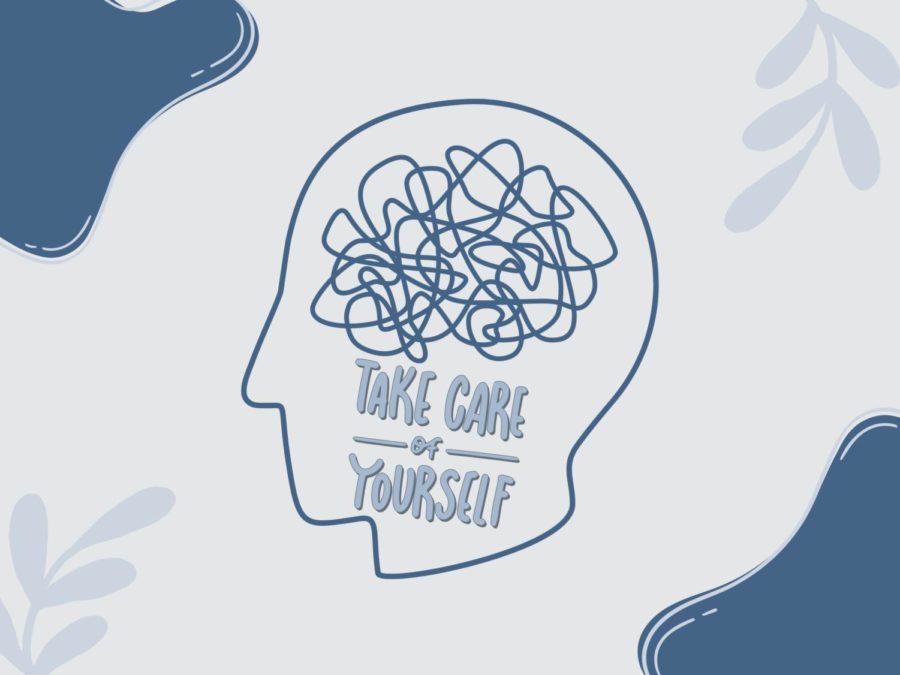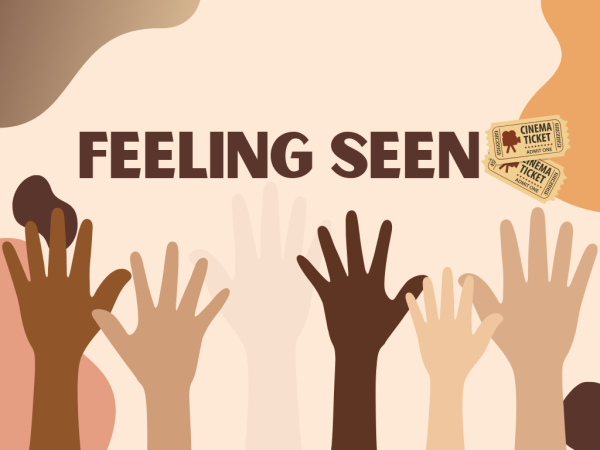Opinion: LISD should allow students mental health days
One in seven 10-19 year olds experience mental conditions. Although this is a large number of people, mental health remains unrecognized and is not given enough attention.
The No. 1 reported source of stress for teenagers in America is school. Whether that be daily assignments, tests, preparing a good college application or simply just showing up to school, each of these can be seen as a common factor of stress for teenagers.
Under Texas law, LISD requires students to be present for at least 90% of the time that the class is offered, regardless of the reasoning for the absence. As an LISD student, my parents and I were sent a warning email last year for loss of credit due to the number of absences I had, even though each absence was excused with a valid note. I got extremely sick multiple times throughout the year and had to stay home. There were some cases where I just needed a break because I was so overwhelmed with my workload and I could feel my mental health deteriorating, but I was completely caught up on my school work and passing each of my classes.
I was already close to facing credit loss last year, so when the end of the semester came around and I was at a breaking point, I had to push myself way past my mental health limits and attend school.
English I teacher Cassie Madewell said she feels as though it would be nice to implement excused mental health days for students: a day dedicated to relaxation and easing stress from their daily lives without the fear of losing credit.
“I understand that there is a limit to the number of days that kids can miss,” Madewell said. “But, I do wish that [there] was some way of figuring [out how] to make those specific mental health days to where [it wouldn’t] be so punitive or [that they] wouldn’t get punished.”
Mental health days, once in every nine weeks, would benefit students because having a day to just refresh themselves would provide the ability to come back feeling better and more balanced with everything they have on their plates.
“My dad, as a teacher, told me I had three mental health days every single school year because of the belief that some days you just can’t [do anything],” AP human geography teacher Kelley Ferguson said. “It helped me be a successful AP [and] honors student, work 40 hours a week and be involved in tons of extracurricular activities. It was what got me through high school.”
The state of Illinois allows students to take up to five mental health days each year. There is a possibility that students could abuse these allotted mental health days, but if it’s kept to a reasonable limit, that should hardly be an issue.
Some people remain under the impression that mental health isn’t as important as physical health. A student being able to take a mental health day when genuinely needed can potentially help them push through what they have going on since they’re given a day to prioritize themselves.
“[Kids need to know to] not just [use] that as a moment to goof off, but really [as] a moment of reenergizing and rejuvenating so that you can get back into your life and tackle [what’s going on],” Hebron 9 librarian Shannon Whiteley said.
Additionally, having a designated absence related to mental health days would let teachers know that a specific student is dealing with a lot. In my freshman year, one of my best friends told my teachers I was having a rough day, and that teacher checking in on me helped me get through one of my hardest days.
“[I wish] that we were aware that this was [a mental health] kind of day as opposed to [their] family vacation [being] extended for two days,” Madewell said. “So that I know, [as] a teacher, [that] I need to pay attention to this kid [and] make sure they’re where they need to be.”
Our mind and body share a direct relationship; although there are times where our mind is one team and our body another, they’re both playing in the same game. One day can make a huge difference in someone’s life; it could be the cause of a path to healing or a path to rock bottom.
Connecticut, Oregon, Arizona, and many more states in the U.S. have passed laws promoting mental health days. We, as a community, can localize this issue and implement mental health days as well. I urge you, as a student to use your voice and speak up and as an adult, to recognize this and take a step forward by truly opening your eyes to the importance of mental health care.

Junior Shiren Noorani is the social media manager and this is her second year on staff. In her free time, she loves to travel with her family and play...

Junior Saahir Mawani is the design editor and this is his second year on staff. In his free time, he loves editing YouTube videos, reading and watching...













